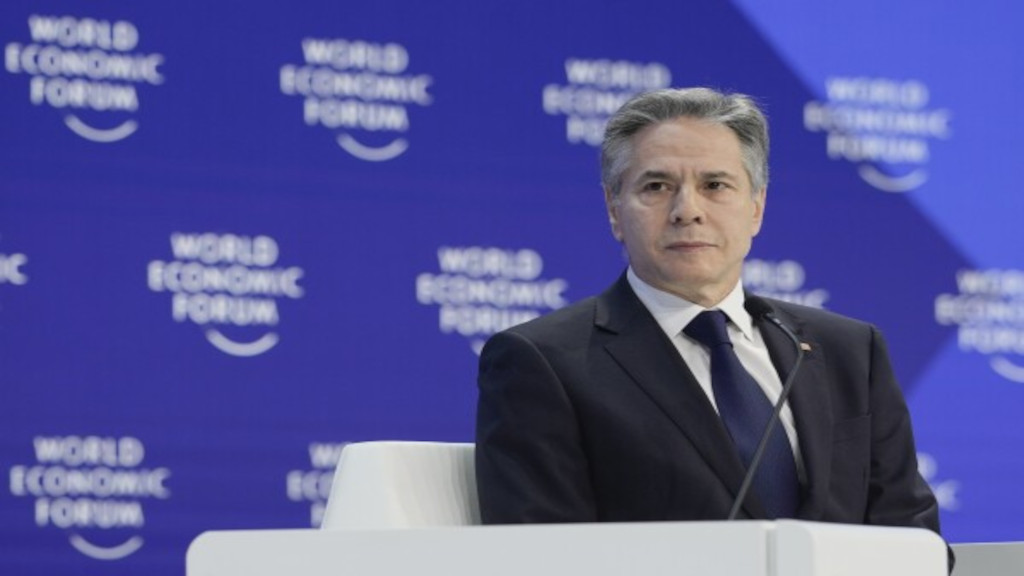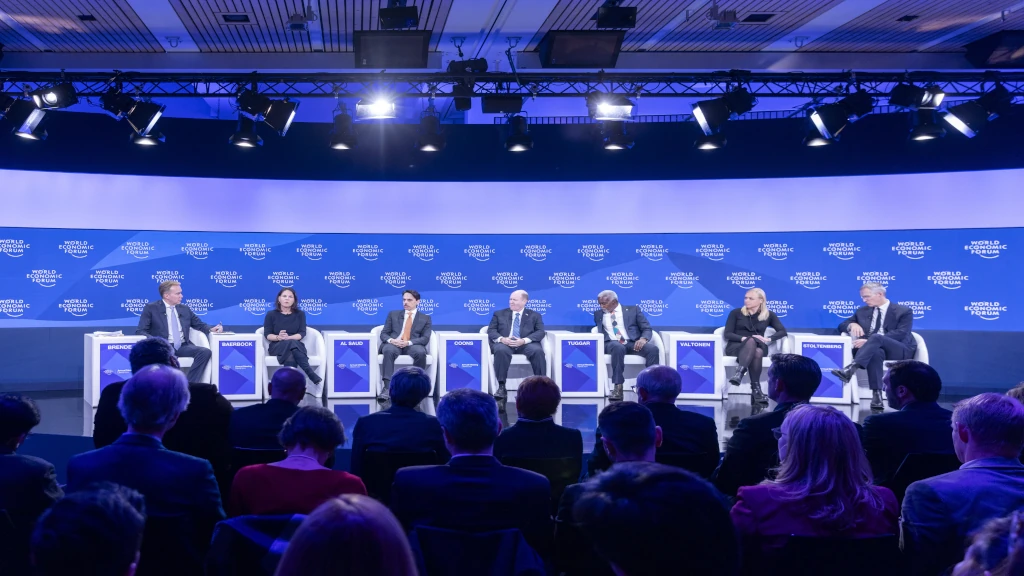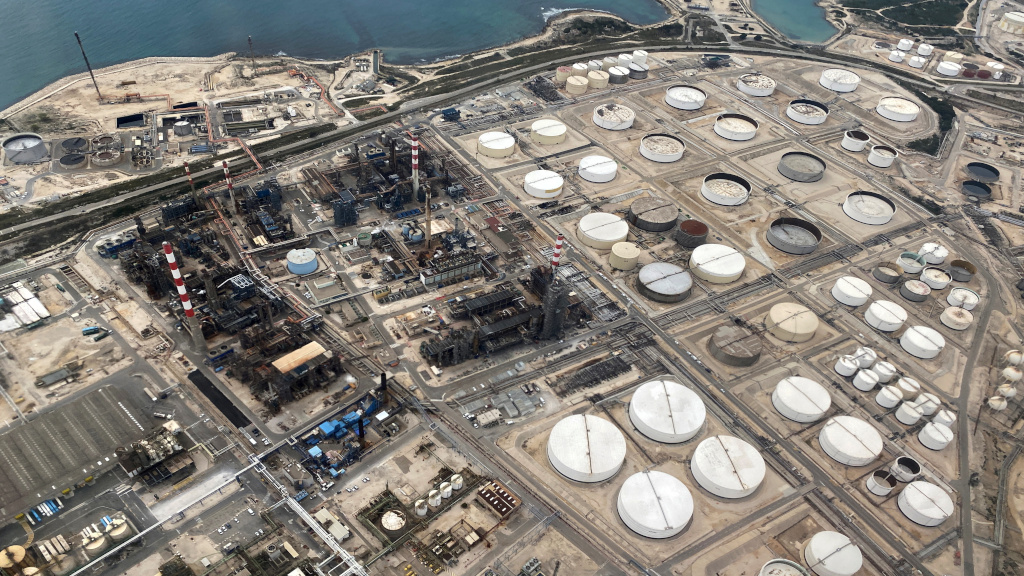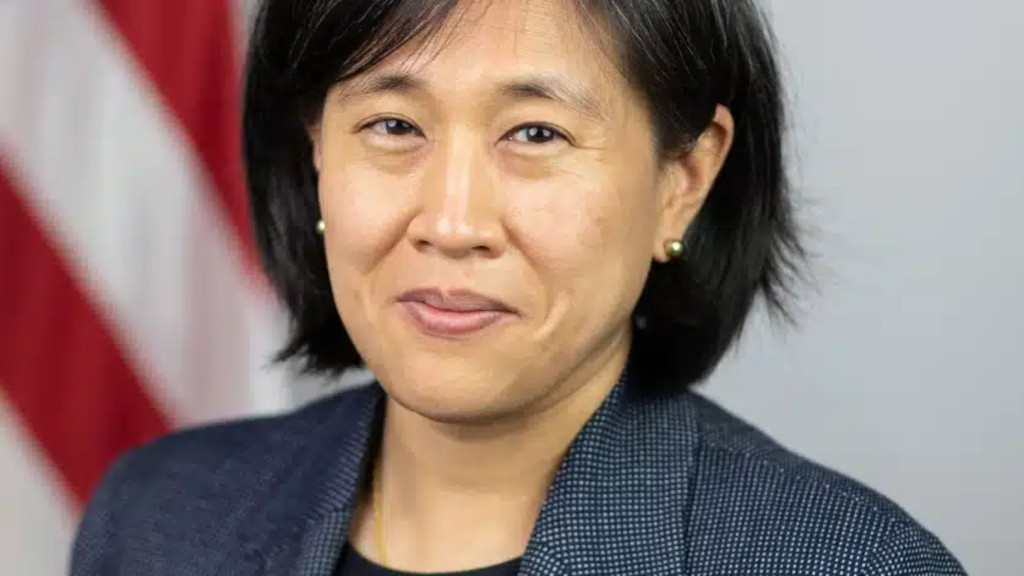Artificial intelligence (AI) is ripe to help resolve certain major problems in Africa, from farming to the health sector, but Senegalese expert Seydina Moussa Ndiaye is warning of a new “colonization” of the continent by this new technology if foreign companies continue to feed on African data without involving local actors.
One of 38 people members of the new UN advisory body on machine learning, Mr. Ndiaye spoke with UN News about the landscape ahead, building on his experience in helping to drive Senegal’s digital transformation in higher education, serving as an expert to the African Union in drafting the Pan-African Strategy on AI and in contributing to the Global Partnership on Artificial Intelligence (GPAI).

© Courtesy of Seydina Ndiaye
Senegalese AI expert Seydina NDiaye is one of the 38 experts of the UN High-Level Advisory Body on Artificial Intelligence.
UN News: How could AI help Africa?
Seydina Moussa Ndiaye: There are several African countries that are beginning to have a dedicated strategy for artificial intelligence. However, there is a pan-African strategy that will soon be published, with a continental vision of AI development.
More and more, young people launching startups are interested in this, and they have a real thirst for knowledge in the field of AI. This growing interest can be accelerated with international help.
However, there is a wall in some areas, and AI can in fact be used to solve certain problems, including in agriculture. In the health sector, AI could in fact solve a lot of problems, especially the problem of a lack of personnel.
The other element that is also very important is the development of cultural identity. Africa has been seen as a continent with a cultural identity that has not been able to impose itself across the world. With the development of AI, we could use this channel so that African cultural identities are better known and better valued.

© UNHCR/Agnese Morganti
Bernice Kula-Kula, a refugee from DR Congo, studies computer engineering, cybersecurity and artificial intelligence on a UNICORE scholarship, thanks to Italy with UN-support.
UN News: Are there bad sides of AI threatening Africa?
Seydina Moussa Ndiaye: The biggest threat for me is colonization. We may end up with large multinationals in AI that will impose their solutions throughout the continent, leaving no room for creating local solutions.
Most of the data currently generated in Africa is owned by multinationals whose infrastructure is developed outside the continent, where most African AI experts also operate. It’s a loss of African talent.
The other important element to consider is in the context of the fourth industrial revolution. The power of AI combined with advances in biotechnology or technology could be used, and Africa could be the place where all these new solutions are actually being tested.
If it’s not supervised, we could end up with tests that would take place on humans with chips or even integrated biotechnology elements that we improve. These are technologies that we don’t really master well. In regulatory terms, there are certain aspects that have not been considered. The very framework for the application of ideas and existing regulations is not effective.
In concrete terms, and when you don’t control these things, it could happen without anyone knowing. We could have Africa being used as a Guinea pig to test new solutions, and this could be a great, great threat for the continent.

© United Nations/Kensuke Matsue
UN Deputy Secretary-General Amina Mohammed interacts with Sophia the robot at the “The Future of Everything – Sustainable Development in the Age of Rapid Technological Change” meeting.
UN News: Do you think that the UN’s new AI advisory group is going to be a platform that will allow you to put these problems on the table?
Seydina Moussa Ndiaye: Yes, absolutely. We’ve started our work, and it’s really very open. These are high-level people who understand international issues well, and there are no taboo subjects.
It’s important that the voice of Africa is represented in the group. International scientific cooperation will be strengthened and not limited to the major powers. At the international level, it includes everyone and also helps the least developed countries.
Currently, there is a real gap, and if this is not resolved, we risk increasing inequalities.
Source: UN, 2nd January 2024





 afric-Invest
afric-Invest






